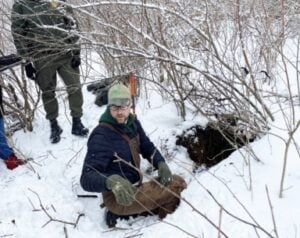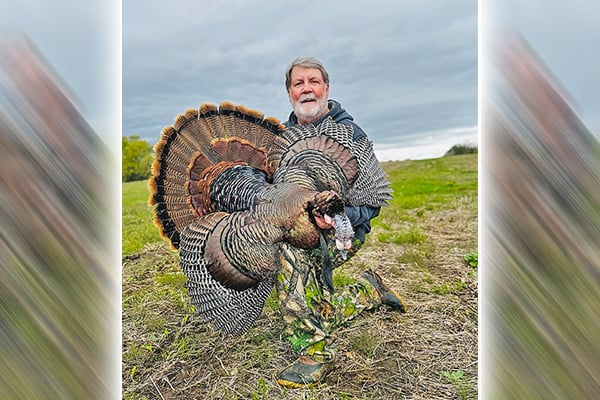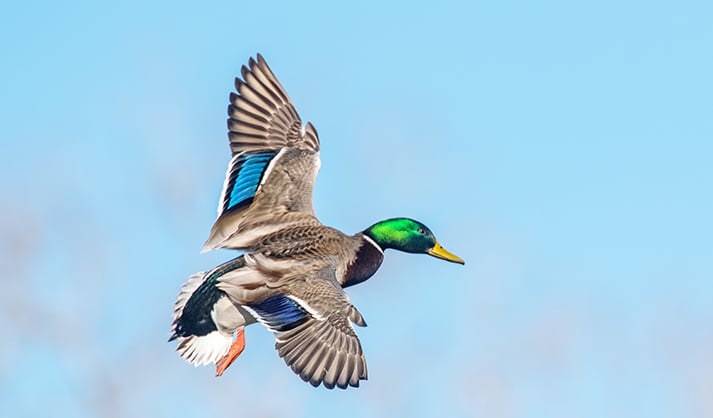Michigan biologists seek public’s help in locating bear dens – Outdoor News
Lansing — While you’re enjoying time outdoors this fall and winter, keep an eye open for black bear dens.
Reporting den locations to the Michigan Department of Natural Resources is a simple, yet effective way to support bear management programs.
“Finding winter den locations is an important component to managing black bear populations, and we need hunter, trapper and landowner assistance to add new den sites to the program in the Upper Peninsula and northern Lower Peninsula,” said Mark Boersen, wildlife biologist at the DNR Roscommon Customer Service Center. “Currently, we are monitoring six bears from the ground and aircraft using radio tracking equipment.”

Depending on their location in the state, bears typically enter dens in November and December.
They tend to select dens in locations that provide shelter from the elements, which can include areas with dense vegetation, rock crevices, fallen trees or excavated holes. Bear dens may look like brush piles covered in snow or excavated holes in the ground, both having an icy opening to vent fresh air.
You spotted a den! What’s next?
If you’re in the vicinity of a potential den site, stay quiet and listen for any sounds coming from within. You may be able to hear cubs nursing or crying.
If you believe you have found a bear den, keep a safe distance away and avoid disturbing the den or the bears inside. Record the location, using GPS coordinates if possible, and report the information to one of the following DNR staffers:
Upper Peninsula: Cody Norton at (906) 202-3023 or [email protected].
Northern Lower Peninsula: Mark Boersen at (989) 275-5151 or [email protected].
After receiving a report of a denned bear, DNR biologists will determine if the animal is a good candidate for joining the ongoing project. A bear selected for the program will be sedated and fitted with a collar and ear tags. Biologists will collect information from the bear including the sex, weight, body measurements and reproductive history, and will remove a small, nonfunctional tooth to acquire a DNA sample and determine the bear’s age.
Upon completion of the short procedure, biologists will care fully return the bear to its den, where it will remain throughout the winter months.
The DNR urges anyone who finds a den to leave it alone.
It is illegal to disturb a bear den or disturb, harm or molest a bear in its den. Those who think they have found a den should report it and allow DNR biologists to further investigate.
Learn more about bear management in Michigan at Michigan.gov/Bear.
Source: https://www.outdoornews.com/2023/11/21/michigan-biologists-seek-publics-help-in-locating-bear-dens/





